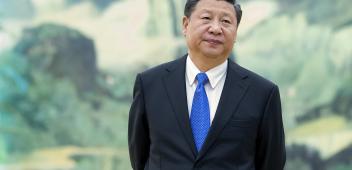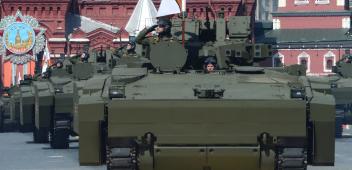Obama alliances
In this Lowy Institute paper Dr Steven Casey explores the Obama administration’s approach to alliances as the United States experiences relative economic and military decline in the context of a changing security environment in the Asia-Pacific region.

- The Obama administration considers traditional alliances to be inadequate mechanisms with which to confront contemporary security threats such as terrorism.
- President Obama has pursued ties with ‘non-traditional’ partners and worked through multilateral processes to pursue US interests.
- Nevertheless, as China’s influence grows, greater importance will be attached to alliances with the US by its traditional allies in the Asia-Pacific.
Executive Summary
In the age of Obama, what is the role for alliances in American foreign policy? The United States’ commitment to its international system of alliances may appear to be challenged by domestic economic woes and a fractious political scene. Furthermore, the Obama administration has stated its enthusiasm for maintaining alternative forms of international arrangements and for pursuing interests through multilateral co-operation. Today’s security threats - including non-state terrorism, energy shortages and nuclear proliferation - are different from the threats of twenty years ago and, according to Dr Steven Casey, require ‘a complex range of international instruments’ beyond traditional alliances. America’s alliances must be supplemented by ‘newer forms of international co-operation’.
However, Dr Casey argues in this paper that the Obama administration has in fact proved to be alliance-friendly and that in the face of growing economic and military competition, the United States’ alliances do still matter. Dr Casey situates President Obama within a tradition of ‘hard-headed liberals’ - which includes the likes of Franklin D. Roosevelt and Harry Truman - who have understood America’s alliances as important in meeting international threats. He emphasises that China’s rise has prompted US allies in the Asia-Pacific region, such as Japan and Australia, to seek an intensification of their ties with the United States. And in the face of relative decline and budget cutting, the US will increasingly seek to share the burden of defence and security with other countries.



